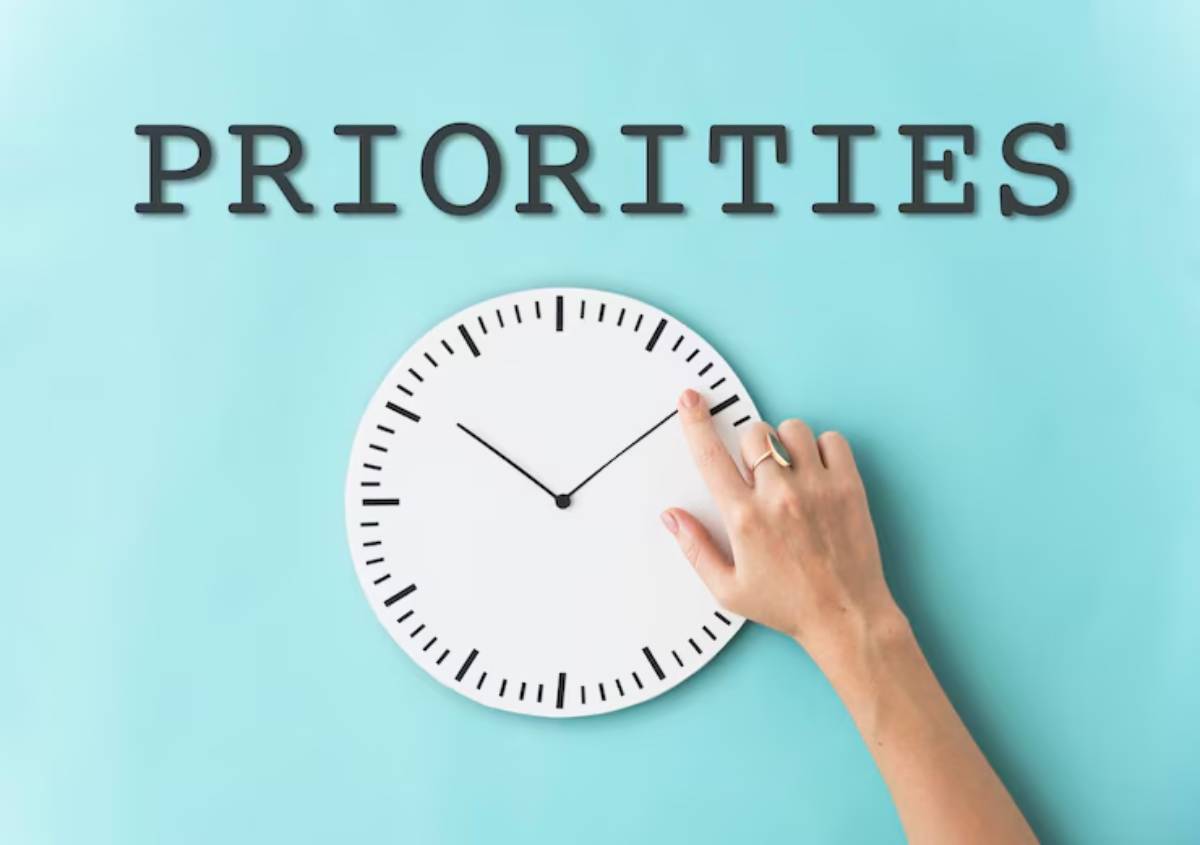The Education Blog

How to Audit Your Week to Improve Study Time
It’s Sunday night. You’ve been busy all week — attending classes, watching videos, scrolling through your phone, meeting friends — and yet, you still feel behind on your studies. You think you worked hard, but somehow, your to-do list barely budged. What happened?
This is where a weekly audit guide becomes your academic game-changer.
Learning how to analyse time spent isn’t just about spotting procrastination. It’s about understanding your patterns, identifying focus leaks, and building smarter habits for study time improvement.
In this guide, you’ll learn how to perform a practical, real-world time audit, use it to sharpen your study strategy, and walk away with a clearer, more productive week ahead — every single time.
Understanding the Core: What Is a Weekly Time Audit?
A weekly time audit is a structured review of how you’ve actually spent your time over a 7-day period. It’s not about judgment. It’s about data, giving you clarity to make smarter decisions.
Why it matters for students:
- You might be “busy” but not “productive”
- Study time often gets squeezed by invisible distractions
- Identifying time leaks helps you work less, not more
- You can align your time with what actually matters to your academic goals
According to a 2021 study from the Association for Psychological Science, students who tracked their time and reflected weekly reported higher grades, better well-being, and more satisfaction with how they spent their week.
Important: You can’t improve what you don’t measure. Time auditing is a tool for insight, not guilt.
Step-by-Step Guide: How to Audit Your Week Effectively
1. Choose Your Tracking Method

There’s no one-size-fits-all — use a method that feels easy and natural to you.
Popular formats:
- Pen and paper time log
- Digital spreadsheet (e.g. Google Sheets)
- Time tracking apps like Toggl Track, Clockify, or RescueTime
- Daily planner with half-hour blocks
Pro Tip: Use your phone’s screen time report to cross-check how long you’ve actually spent on social media or apps.
2. Track Every Day for One Full Week
Record your activities in real time (or reflect every few hours). Be honest and specific — instead of writing “studying”, try:
- “Reading Chapter 5 notes”
- “Attempted physics problem set”
- “Watched chemistry YouTube revision (25 mins)”
Also track non-study activities like:
- Commuting
- Social time
- Screen use (TV, gaming, scrolling)
- Eating, breaks, and sleeping
Secret Tip: Add a “focus rating” (1–5) to study sessions. It helps you see where you were present vs distracted.
3. Categorise Your Time

After the week is done, sort your activities into broad categories:
- Academic (classes, homework, revision)
- Productive non-academic (chores, admin, exercise)
- Passive time (social media, mindless scrolling, TV)
- Essential life (eating, sleeping, commuting)
- Social and well-being (hobbies, friends, rest)
Add up the hours in each. You might be shocked at where your time really went.
Student story: A-Level student Neha discovered she was spending 10+ hours a week “half-studying” while chatting on Discord. Simply separating that time turned her grades around.
4. Reflect with Purpose
Now comes the real learning. Ask yourself:
- Which hours felt genuinely productive?
- Where did I waste time or lose focus?
- Which tasks took longer than expected?
- When was my energy at its peak?
- What activities drained me unnecessarily?
Pro Tip: Use colour-coded highlights in your log to spot patterns visually — red for distractions, green for deep focus, blue for essential tasks.
5. Build a Smarter Study Schedule
Based on your audit, redesign your week around the following:
- Your high-focus time slots
- Limiting distractions during your weakest hours
- Pre-scheduling breaks, rest, and social time
- Setting boundaries around phone use
- Replacing multitasking with time blocking
Use your audit as a personal map — it shows you where to study smarter, not harder.
Secret Tip: Leave 10% of your week unplanned as buffer space — it helps absorb the unexpected without derailing your schedule.
Quick Guide: Weekly Audit Checklist for Students

- Choose a tracking method that suits your style
- Record 7 full days with honest time logs
- Categorise your time into academic, social, passive, etc.
- Use focus ratings to highlight high vs low-quality sessions
- Reflect on energy patterns, time drains, and surprises
- Restructure your next week based on your findings
- Re-audit monthly to fine-tune your strategy
Best Practices & Expert Insights
Batch Similar Tasks
After your audit, notice tasks that keep fragmenting your time, like replying to emails, checking grades, or updating planners. Batch them into one time block to reduce switch cost.
Identify “Hidden Time Thieves”
Many students lose 1–2 hours a day in transition moments: switching tasks, deciding what to do next, or checking notifications “just for a sec”.
Important: Even 10 minutes of “invisible delay” repeated 6 times a day = an hour lost.
Start with Micro-Changes
Don’t overhaul your whole week. Instead:
- Reclaim one wasted hour per day
- Protect one 90-minute deep focus block
- Add one recharge activity you’re missing
Real-world example: Sam, a psychology undergrad, used her audit to carve out a 20-minute walk after lunch instead of scrolling. Her afternoon focus doubled.
FAQs: Time Auditing and Study Improvement
Isn’t time tracking tedious?
At first, maybe. But many students find it empowering — and it only takes 3–5 minutes per day. It’s like a food diary: annoying short-term, but life-changing long-term.
Should I track every single minute?
No need for perfection. Track in 15–30-minute blocks. The goal is clarity, not rigid precision.
How often should I do a weekly audit?
Start with once a term, then repeat monthly or during busy periods (exam seasons, project deadlines). Over time, you’ll need it less often as your habits stabilise.
Can this help if I already use a planner?
Absolutely. Most planners are forward-looking. Time audits are reflective — they help you check if your plan is actually working.
Conclusion: Track Your Time, Transform Your Study Life
You don’t need more hours in the day — you need better visibility into how you use the hours you already have.
A weekly audit is a powerful lens that reveals where your time really goes, and more importantly, how to make it work for you. By learning to analyse time spent, you open the door to genuine study time improvement.
With just a week of observation, a few honest insights, and small strategic shifts, you can dramatically increase your focus, energy, and academic success.
Ready to Audit Your Week? Pick a tracking method, start today, and commit to a 7-day log. Share your biggest time leak in the comments or tag a friend who needs a study reset. Subscribe for more productivity guides designed for real student lives.









